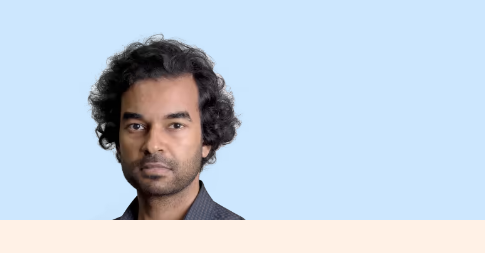Janan Ganesh is probably my favorite commentator. In a recent column, he argues against the widely held belief that the global rise of the hard right is a reaction to neoliberalism:
Right-wing populism is ascendant in France, which may be the least economically liberal country in the rich world. Public spending there represents well over half of national production. The social protection component – cash benefits, etc. – also tops the OECD. On the other side of the Alps, the Italian state is not left behind, neither in terms of overall spending, nor in terms of social spending. The hard right is not only succeeding in this. This is the power in the country. Meanwhile, in Australia, where the government is smaller, the major political parties are resisting. The center-left governs.
Ganesh also discusses the idea that the loss of manufacturing jobs is the problem. He points out that the far right has recently gained a lot of ground in Germany, where the share of manufacturing in GDP is much higher than in other Western countries. He then adds:
And if that seems strange, consider neighboring Austria, which might be the West’s most puzzling case study. The country has one of the highest levels of public spending, a manufacturing sector almost as large as Germany’s, and a rampant far-right.
Ganesh then raises some interesting questions regarding the politics of neoliberalism in the United States:
What made Democrats think that America wanted or needed a statist economic transformation? The slogan “Build Back Better” implies widespread dissatisfaction with the pre-Covid world that didn’t exist. On the eve of the pandemic, economic confidence was at a level not seen in the millennium.
There is much more interest. Read the whole thing.
PS. He doesn’t talk about the developing world, but the political shift to the right in India and China also fits his hypothesis. It seems rather far-fetched to view the rise of Modi and Xi as a reaction to “neoliberalism” in India and China.


